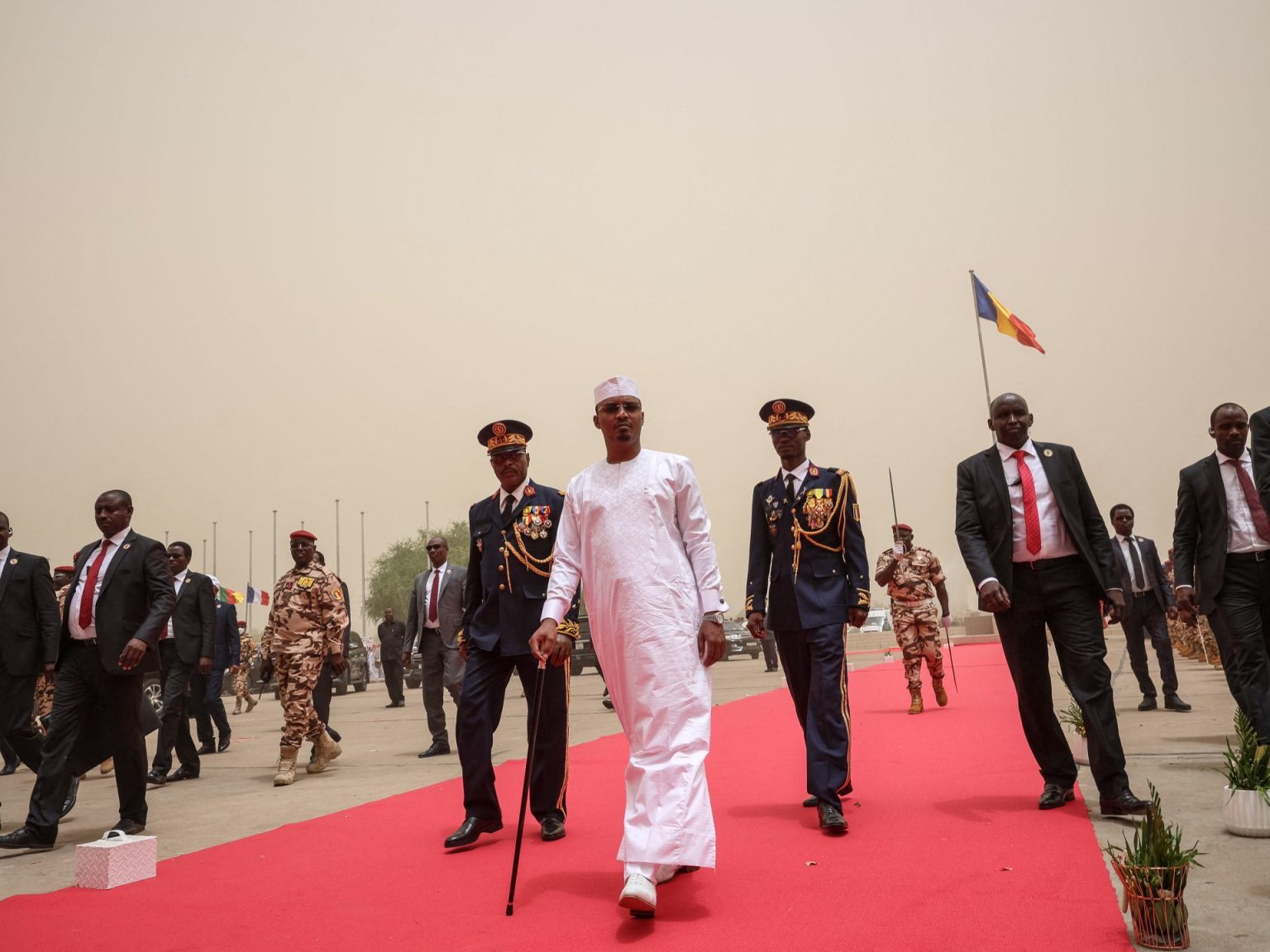The inauguration of Mahamat Idriss Deby as the new president of Chad marks the end of three years of military rule in the country. Deby succeeded his late father, Idriss Deby, who ruled Chad since a coup in the early 1990s. The contested election earlier this month resulted in Deby winning 61 percent of the vote. Despite concerns from international NGOs about the credibility of the election, Deby was endorsed as the transitional leader by the international community, including France.
The swearing-in ceremony took place in the capital of N’Djamena, where Deby acknowledged those who did not choose him and emphasized the importance of democracy. Following the inauguration, Allamaye Halina was appointed the new prime minister after Succes Masra resigned from the position. Masra, Deby’s main rival in the election, contested the result on allegations of fraud but was unsuccessful in his bid. Despite the opposition denouncing the Deby dynasty and accusing the clan of controlling the main institutions of power, Deby was officially sworn in as the new president.
Halina, who previously served as Chad’s ambassador to China, took over as prime minister in a decree announced on state television. Masra had only been in office since the beginning of the year and had returned to Chad under a reconciliation agreement after a period in exile following a crackdown on protests against military rule. The new government faces challenges as it seeks to navigate the transition from military rule to civilian leadership. The opposition leader has called on supporters to remain peaceful and mobilized in the face of the election results.
The inauguration ceremony was attended by eight African heads of state and foreign dignitaries, including Franck Riester, France’s minister for foreign trade and Francophonie. Deby’s presidency is set to run for five years, with the possibility of renewal for one more term. The international community will be closely watching the political developments in Chad as the country transitions to civilian leadership. Deby’s presidency marks a new chapter in Chad’s history after years of military rule and sets the stage for potential political reforms and economic development in the country.













